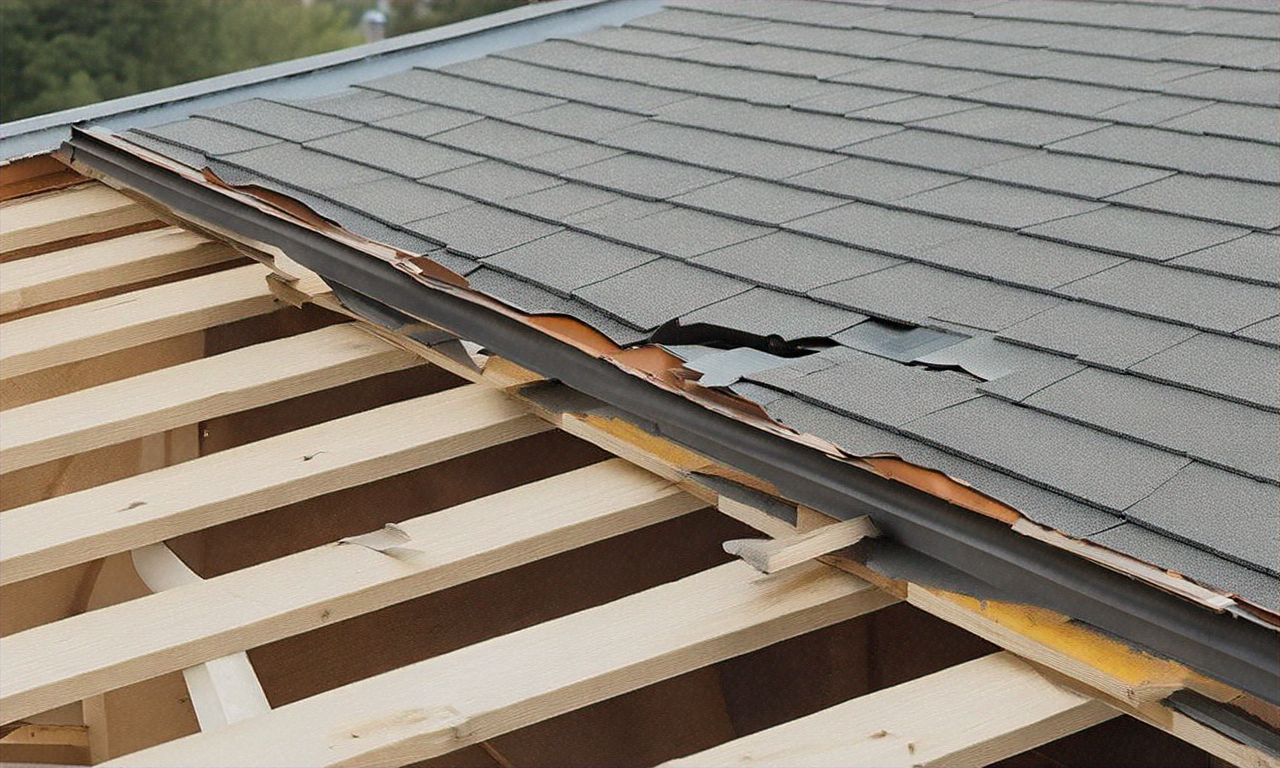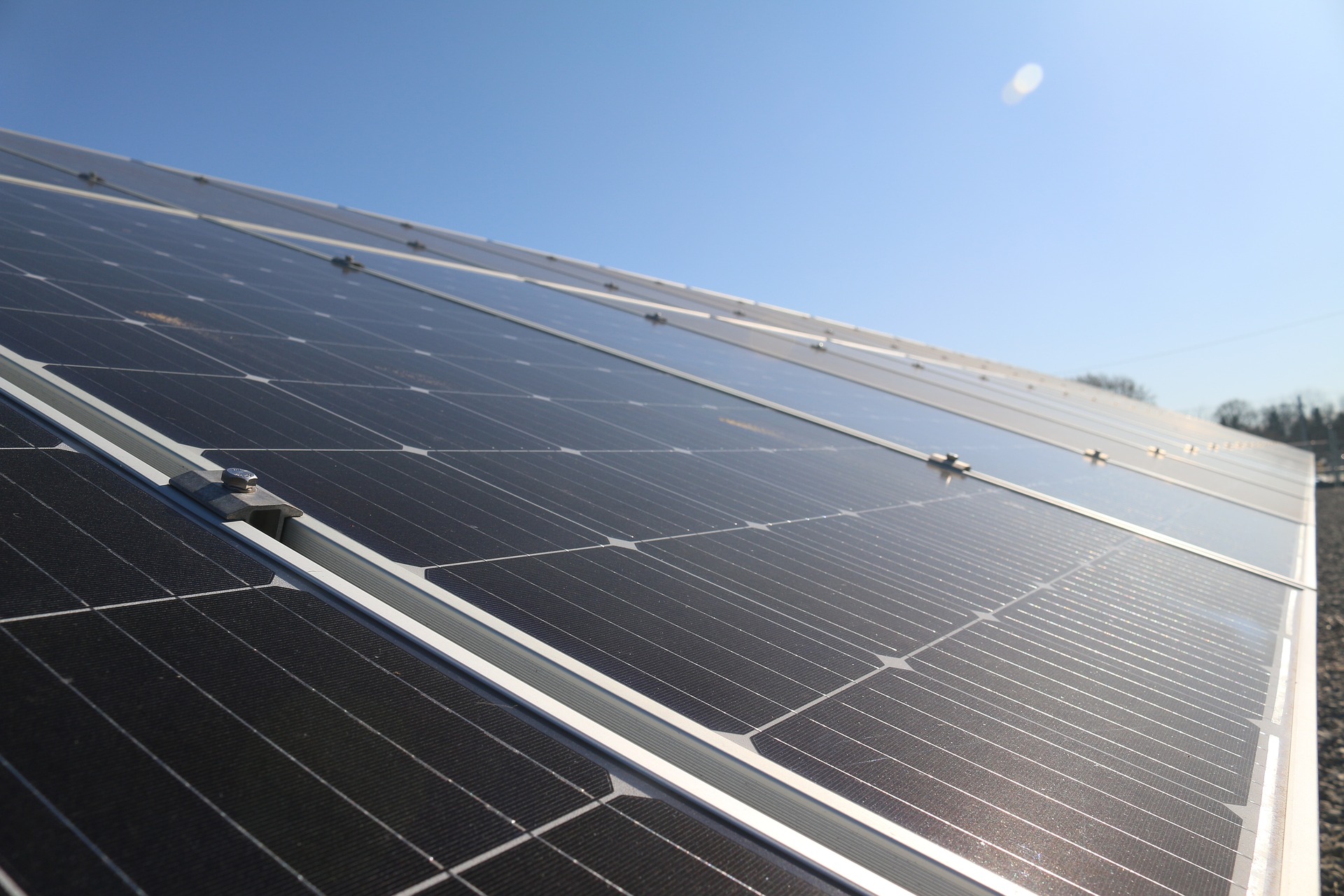Roof Repair Costs: Key Factors That Affect Your Budget
When your roof starts showing signs of damage, understanding the potential costs involved in repairs is crucial for effective budget planning. Roof repairs can range from simple fixes to complex overhauls, with prices varying significantly based on multiple factors. Whether you're dealing with a minor leak or considering a complete roof replacement, being informed about the elements that influence repair costs will help you make financially sound decisions and avoid unexpected expenses.

Identifying Factors Behind Roof Leak Repair Cost
Roof leaks are among the most common roofing issues homeowners face, but their repair costs can vary dramatically. Several key elements determine what you’ll pay for leak repairs. The location and severity of the leak play primary roles—a small, easily accessible leak might cost $300-$600 to repair, while extensive water damage requiring interior ceiling work could exceed $2,000.
The roofing material also significantly impacts repair costs. Asphalt shingle repairs typically range from $150-$700 for small to moderate leaks, while specialty materials like slate, tile, or metal can cost three to five times more due to their complexity and material expenses. Additionally, hard-to-reach areas requiring special safety equipment or challenging access points can increase labor costs by 30-100% compared to standard repairs.
Essential Roof Maintenance Tips to Prevent Costly Repairs
Regular maintenance remains the most cost-effective strategy for managing roof expenses over time. Implementing a consistent maintenance schedule can help identify potential issues before they escalate into major problems requiring extensive repairs.
Seasonal inspections are crucial—examining your roof in spring and fall helps catch weather-related damage early. During these inspections, look for missing, cracked, or curling shingles, damaged flashing around chimneys and vents, and clogged gutters that could lead to water backup and roof damage. Promptly removing debris, especially after storms, prevents moisture retention that accelerates material deterioration.
Professional inspections every 1-2 years complement your own observations, as trained specialists can spot early warning signs that might escape an untrained eye. These preventive measures typically cost $200-$500 annually but can save thousands in emergency repairs and extend your roof’s lifespan by 5-10 years.
Understanding Common Residential Roofing Repairs and Their Costs
Residential roofing repairs encompass various types of damage, each with distinct cost implications. Shingle replacement represents one of the most frequent repair needs, with costs ranging from $2-$10 per square foot depending on material quality and accessibility. For an average 10x10 repair area, expect to pay $200-$1,000.
Flashing repairs around chimneys, vents, and valleys are another common necessity, typically costing $200-$500 per area. When water penetrates these vulnerable points, it can cause extensive damage to the roof structure and your home’s interior. Fascia and soffit repairs, which protect your roof’s edge and ventilation system, generally range from $600-$1,200 for moderate damage.
More extensive structural repairs involving roof decking or rafters significantly increase costs. Replacing damaged roof decking typically costs $40-$80 per 4x8-foot sheet, plus installation labor. When combined with other necessary repairs, these structural issues can quickly escalate into projects costing several thousand dollars.
Comprehensive Guide to Roof Replacement Pricing
When repairs become extensive enough, full roof replacement often becomes the more economical long-term solution. Roof replacement pricing involves numerous variables that affect the total investment required.
Material selection represents the most significant cost factor in roof replacement. Asphalt shingles remain the most affordable option at $3.50-$7.00 per square foot installed, while metal roofing costs $7-$14 per square foot. Premium materials like slate or tile can range from $15-$30+ per square foot. For an average 2,000 square foot roof, total material costs might range from $7,000-$60,000+ depending on your selection.
Roof complexity adds another layer to pricing considerations. Features like multiple levels, steep slopes, dormers, skylights, and chimneys increase labor time and material requirements. Each penetration or architectural feature can add $200-$500 to the total project cost. Additionally, removing old roofing material costs $1-$5 per square foot, making your existing roof’s condition another important budget consideration.
Professional Roof Damage Assessment: Value and Cost
Professional roof damage assessment provides critical insights into your roof’s condition and the repairs needed. These assessments typically cost $200-$700 depending on roof size, complexity, and location, but often prove invaluable for insurance claims and repair planning.
A thorough assessment includes examination of exterior roofing materials, structural components, interior signs of damage, and comprehensive documentation. Many roofing companies offer free initial assessments when considering repair work, though these may not be as detailed as dedicated inspection services.
Insurance-related assessments have particular value following storms or other damaging events. Professional documentation can substantially increase claim approval rates and settlement amounts. When selecting an assessment service, look for certified inspectors with proven experience in your specific roofing material.
| Roofing Service Type | Average Cost Range | Factors Affecting Price |
|---|---|---|
| Minor Leak Repair | $300-$1,000 | Location, accessibility, material |
| Shingle Replacement | $200-$1,000 (10x10 area) | Material type, damage extent |
| Flashing Repair | $200-$500 per area | Location, damage severity |
| Partial Roof Replacement | $1,000-$3,000 | Size of area, material type |
| Complete Roof Replacement | $5,500-$20,000+ | Home size, material choice, complexity |
| Professional Roof Inspection | $200-$700 | Roof size, inspection depth |
Prices, rates, or cost estimates mentioned in this article are based on the latest available information but may change over time. Independent research is advised before making financial decisions.
Balancing Budget Considerations With Long-Term Value
When addressing roof repairs, balancing immediate budget constraints with long-term value requires careful consideration. While cheaper repairs might seem attractive initially, they often lead to recurring problems and greater expense over time.
Quality materials typically offer superior durability, with premium options potentially lasting 20-50 years compared to 15-25 years for standard materials. This extended lifespan often justifies their higher initial cost when calculated on an annual basis. Similarly, professional installation from experienced contractors may cost 20-35% more than budget options but substantially reduces the risk of installation errors that lead to premature failures and additional repairs.
Timing also affects overall value—addressing small problems promptly typically prevents them from developing into major issues requiring costly repairs. When evaluating roofing projects, consider both the immediate price and the long-term return on investment through reduced maintenance needs and extended service life. This balanced approach helps ensure that your roofing decisions remain financially sound while protecting your home for years to come.




